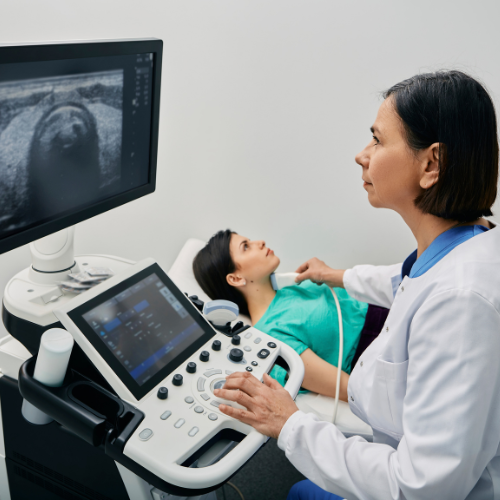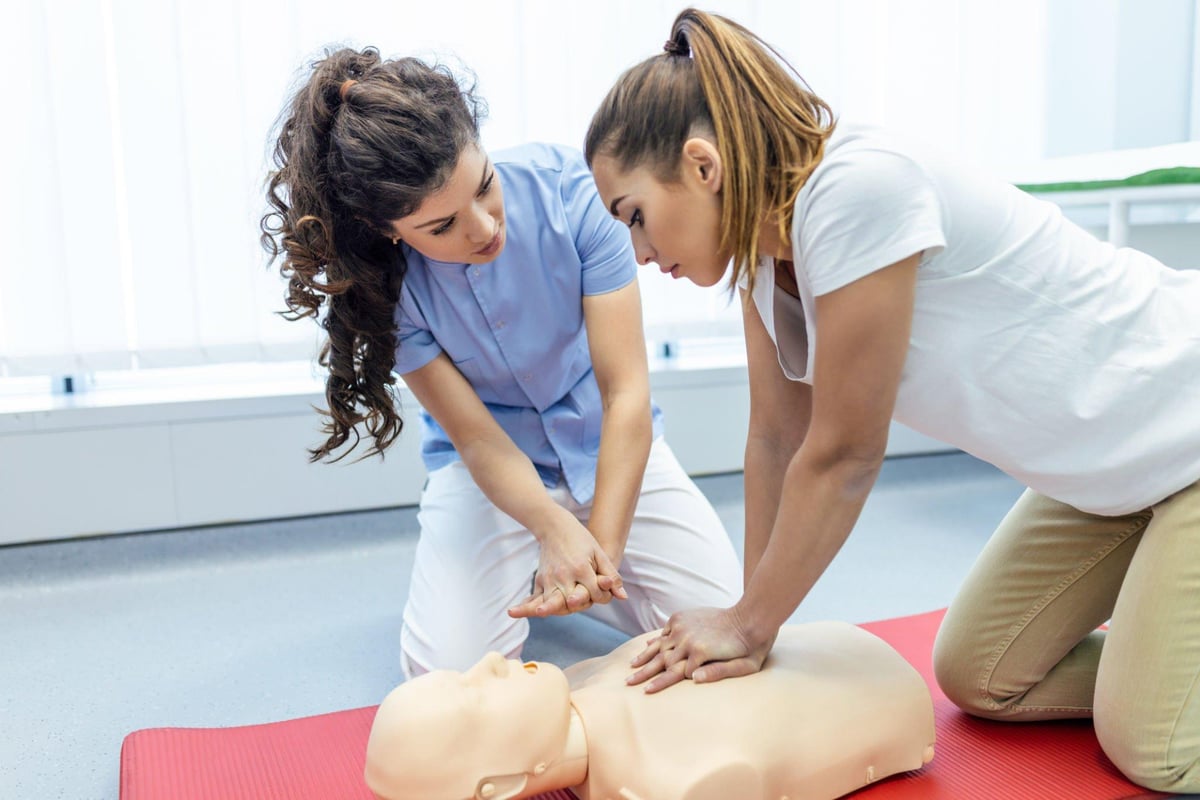Chattanooga State Community College Online

Classes from CSCC - Online
Finance - A.S. (TTP)

Tennessee Transfer Pathways are advising tools designed to help community college students plan for transferring to a Tennessee public university to complete their baccalaureate degree. The Tennessee Transfer Pathways also constitute an agreement between community colleges and universities confirming that community college courses meet major preparation requirements. A student who completes all the courses listed on a particular Transfer Pathway will earn an Associate of Arts or Associate of Science degree at Chattanooga State. When the student transfers to a Tennessee public university, the transcript will certify that the pathway has been followed. The student is guaranteed that all the community college courses taken will be accepted at the university and the courses will count toward completion of the particular major. If a community college student transfers to another Tennessee community college, he or she is guaranteed that all courses transfer.
Magnetic Resonance Imaging - Certificate

Magnetic Resonance Imaging is a rapidly growing field of Allied Health. Chattanooga State's newly redeveloped MRI program coursework is offered online to meet the needs of the adult working Imaging Technologist. Our MRI students are hosted by clinic sites throughout the region. The curriculum follows the ARRT content specifications and is designed to prepare you for the MRI registry. Completion of both didactic courses will satisfy the structured education requirement for 16 hours of MRI relevant education to be eligible for the post-primary exam offered by the ARRT. Completion of the MRIT 2300 clinic course will make it possible for you to obtain the 125 exams required by the ARRT. Please note that all MRI program applicants must hold primary certification in Radiography (ARRT), Radiation Therapy (ARRT), Nuclear Medicine (ARRT or NMTCB), or Sonography (ARRT or ARDMS) for eligibility.
Social Work A.S. (TTP)

Social Work is a profession that assists individuals, families, groups and communities in need. Thus, a social worker's role includes helping people improve, and restore their capacity to function in society. This may entail assessment, counseling, education, and research.
Social workers have the flexibility to work in a variety of settings such as medical, psychiatric, academic and community based social service agencies. The degree is highly competitive, and the prospects for employment are expected to grow due to the increasing needs of the aging population, and the retirement of current professionals.
In order to obtain the designation of Social Worker, a minimum education requirement is a bachelor's in social work degree (BSW). A master's degree in social work (MSW) is an advanced degree typically required for employment in health and school settings and is required for the practice of clinical work.
Sociology A.A. (TTP)

Where psychology examines individual behavior, sociology examines the group behavior and society. Sociology looks at group dynamics, along with the development and structure of the group and society. Basic knowledge of societal progress and its inequalities provides a foundation for many careers.
Sociologists have numerous career options including social work, child welfare, criminal justice, health care, educational consultation, business consultation, international relations and a wide variety of other areas.
Family and Consumer Sciences A.S. (TTP)

Tennessee Transfer Pathways are advising tools designed to help community college students plan for transferring to a Tennessee public university to complete their baccalaureate degree. The Tennessee Transfer Pathways also constitute an agreement between community colleges and universities confirming that community college courses meet major preparation requirements. A student who completes all the courses listed on a particular Transfer Pathway will earn an Associate of Arts or Associate of Science degree at Chattanooga State. When the student transfers to a Tennessee public university, the transcript will certify that the pathway has been followed. The student is guaranteed that all the community college courses taken will be accepted at the university and the courses will count toward completion of the particular major. If a community college student transfers to another Tennessee community college, he or she is guaranteed that all courses transfer.
Management - A.S. (TTP)

Tennessee Transfer Pathways are advising tools designed to help community college students plan for transferring to a Tennessee public university to complete their baccalaureate degree. The Tennessee Transfer Pathways also constitute an agreement between community colleges and universities confirming that community college courses meet major preparation requirements. A student who completes all the courses listed on a particular Transfer Pathway will earn an Associate of Arts or Associate of Science degree at Chattanooga State. When the student transfers to a Tennessee public university, the transcript will certify that the pathway has been followed. The student is guaranteed that all the community college courses taken will be accepted at the university and the courses will count toward completion of the particular major. If a community college student transfers to another Tennessee community college, he or she is guaranteed that all courses transfer.
Mammography - Certificate

The Mammography certificate program is newly redesigned and delivered fully online to meet the professional needs of working radiologic technologists for formal specialized education in Mammography. The curriculum follows the ARRT content specifications and is designed to prepare you for the Mammography registry. Completion of both didactic courses will satisfy the structured education requirement for 16 hours of Mammography relevant education to be eligible for the post-primary exam offered by the ARRT.
Teaching (AST)

The associate of science in Teaching (AST) program allows for a seamless transition into any elementary teacher preparation program at any Tennessee Board of Regents University. The AST allows students to complete some of the professional teacher licensing standards at the community college level, which lays the groundwork for becoming a fully certified elementary teacher.
The AST is transferable to Teacher Preparation programs at any TBR four-year college or university that awards state licensure and certification for teachers.
The convenient 2+2 program in Elementary Education is offered in partnership with Tennessee Technological University. Students can continue on with the final two years of teacher preparation locally with Tennessee Tech instructors at the Center for Education and Human Services (formerly the East Campus). The end result is an A.S. degree in Elementary Education and a Bachelor's Degree in K-6 Education that leads to becoming a fully licensed teacher.
Careers in Elementary Education include classroom teacher, reading specialist, subject area specialist, home-bound tutor, camp director, and teacher's aide.
Criminal Justice A.S. (TTP)

Tennessee Transfer Pathways are advising tools designed to help community college students plan for transferring to a Tennessee public university to complete their baccalaureate degree. The Tennessee Transfer Pathways also constitute an agreement between community colleges and universities confirming that community college courses meet major preparation requirements. A student who completes all the courses listed on a particular Transfer Pathway will earn an Associate of Arts or Associate of Science degree at Chattanooga State. When the student transfers to a Tennessee public university, the transcript will certify that the pathway has been followed. The student is guaranteed that all the community college courses taken will be accepted at the university and the courses will count toward completion of the particular major. If a community college student transfers to another Tennessee community college, he or she is guaranteed that all courses transfer.
Medical Coding and Billing - A.A.S.

- The program consists of a combination of classroom, laboratory, and professional practice experience designed to prepare the student for the workforce.
- In addition to earning an Associate of Applied Science in Medical Coding & Billing, graduates are eligible to sit for the CPC (Certified Professional Coder) issued through AAPC (American Academy of Professional Coders).
Online Dental Assistant Classes

The 3-semester certificate program provides a foundation in the health sciences along with extensive training in the technology necessary to perform those tasks delegated to dental assistants by the State Dental Practice Act. Clinical training experiences working with dentists and patients are provided in private offices of practicing dentist, at community health centers, and at the Dental Center on the Chattanooga State campus on Amnicola Highway. Students who successfully complete this program are eligible for Registration as a dental assistant in Tennessee with state certifications in Dental Radiology, Sealant Application, Monitoring Nitrous Oxide, and Coronal Polishing. Graduates are also eligible to sit for the Dental Assisting National Board Examination (DANB) Examination to become a Certified Dental Assistant (CDA).
The Dental Assisting program is a 1-year certificate program with an option to earn an Associate of Applied Science, which is designed to provide a career ladder for individuals who have graduated from or who are currently enrolled in an American Dental Association accredited dental assisting certificate program and seek to obtain an Associate of Applied Science degree. The program is designed to broaden the student’s education through the addition of a broad general education core and additional electives. There are two pathways by which students may meet the requirements of this degree. The traditional pathway, in which the student completes the 1-year certificate program and continues to take the additional courses required to complete the degree requirements, and the Advances placement pathway, in which the student is awarded 36 semester hours of advanced placement for holding current state or national certification or registration as a result of graduation from a program that is accredited by the Commission on Dental Accreditation.
Online Diagnostic Medical Sonographer Classes

The Sonography Programs at Chattanooga State Community College are 12-month certificate programs which begin each fall semester. Full-time student status is required. Both programs are currently accredited by CAAHEP. A class will be accepted each year for fall admission, rotating between the general sonography program offering and the cardiovascular program offering. All courses are taught by Registered Diagnostic Cardiac Sonographers, Registered Vascular Technologists, Registered Diagnostic Medical Sonographers, Sonologists, Cardiologists, and other qualified personnel for each designated subject.
Applicants must possess a minimum of an AS or AAS degree from an accredited patient-care-related field (providing 2 years of clinical experience) and certification in that same field.* *(Those who have not yet taken their certification exams can still be accepted on a probationary status.)
Upon completion of the general sonography program, the graduate will be eligible to test for certification by the American Registry for Diagnostic Medical Sonography (ARDMS) in the specialty categories of Abdominal, Obstetrics and Gynecology. Upon successful completion of the Sonography Physics & Instrumentation exam, in addition to at least one of the specialty exams, the graduate will become a Registered Diagnostic Medical Sonographer (RDMS). The American Registry of Radiologic Technologists (ARRT) also awards a sonography credential in general ultrasound.
Online Emergency Medical Technician Classes

The EMT Program is delivered through a combination of classroom instruction (didactic and psychomotor) and clinical experience. Upon successful completion of the coursework, students are eligible to sit for the National Registry’s written and practical examinations. Upon successful completions of examinations and other licensure requirements, the student will be eligible for the State of Tennessee EMT license. The EMT renders life support to patients at the scene of their injuries or illnesses and prepares these patients for transport to the hospital.
Online Pharmacy Technician Classes

According to the Bureau of Labor Statistics, job demand for certified pharmacy technicians is expected to grow 12% from 2016 - 2026, faster than average for all occupations. The demand stems from caring for the aging population in addition to numerous new drug therapies.
The purpose of the Pharmacy Technology Programs at Chattanooga State is to prepare students to become well trained, nationally PTCB certified pharmacy technicians in order to assist the pharmacists of the greater Chattanooga community in providing optimal pharmaceutical care to patients.
Pharmacy Technicians must have broad knowledge of pharmacy practice and be skilled in the techniques required to fill prescriptions, constitute IV solutions, and prepare medication without constant instruction by the pharmacist. Because of its critical nature, Pharmacy Technicians must perform precise work, as well as employ good communication and interpersonal skills.
About school
Chattanooga State Community College Online helps students learn the important things they need for healthcare jobs. They offer programs like Medical Assisting, Dental Assisting, Pharmacy Technician, and Surgical Technology to teach students the right skills for these jobs. The teachers at this school are very good, and they make sure students know what to do in the healthcare field. The school has really good tools and technology for students to use, and they practice in simulations and real clinical settings, so they feel confident when they start working. This school also pays attention to each student, and their classes aren't too big, so students get help from experienced teachers. They teach students about new things happening in healthcare and help them be ready for the challenges in the field. With their good reputation and commitment to being the best, Chattanooga State Community College Online is a great place to learn for healthcare jobs, and students can become skilled professionals who help others in need.
In the Chattanooga, TN area
4501 Amnicola Hwy, Chattanooga, TN 37406
